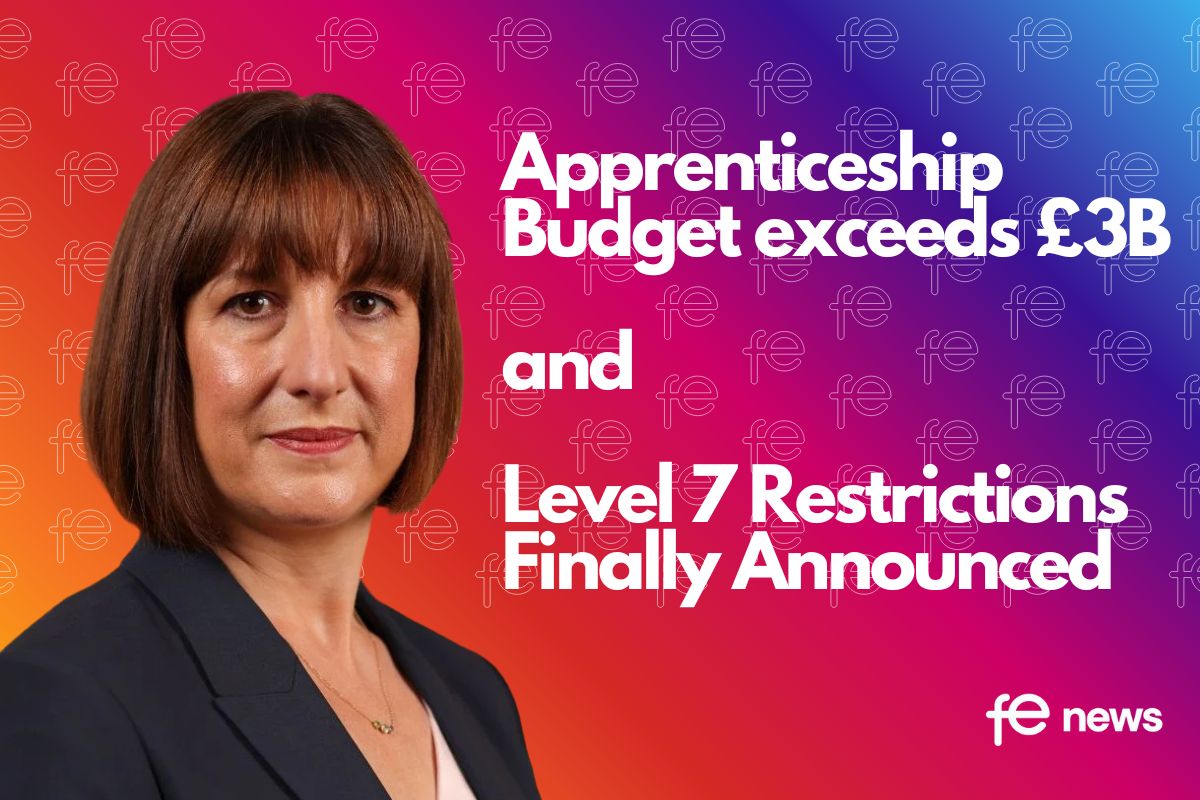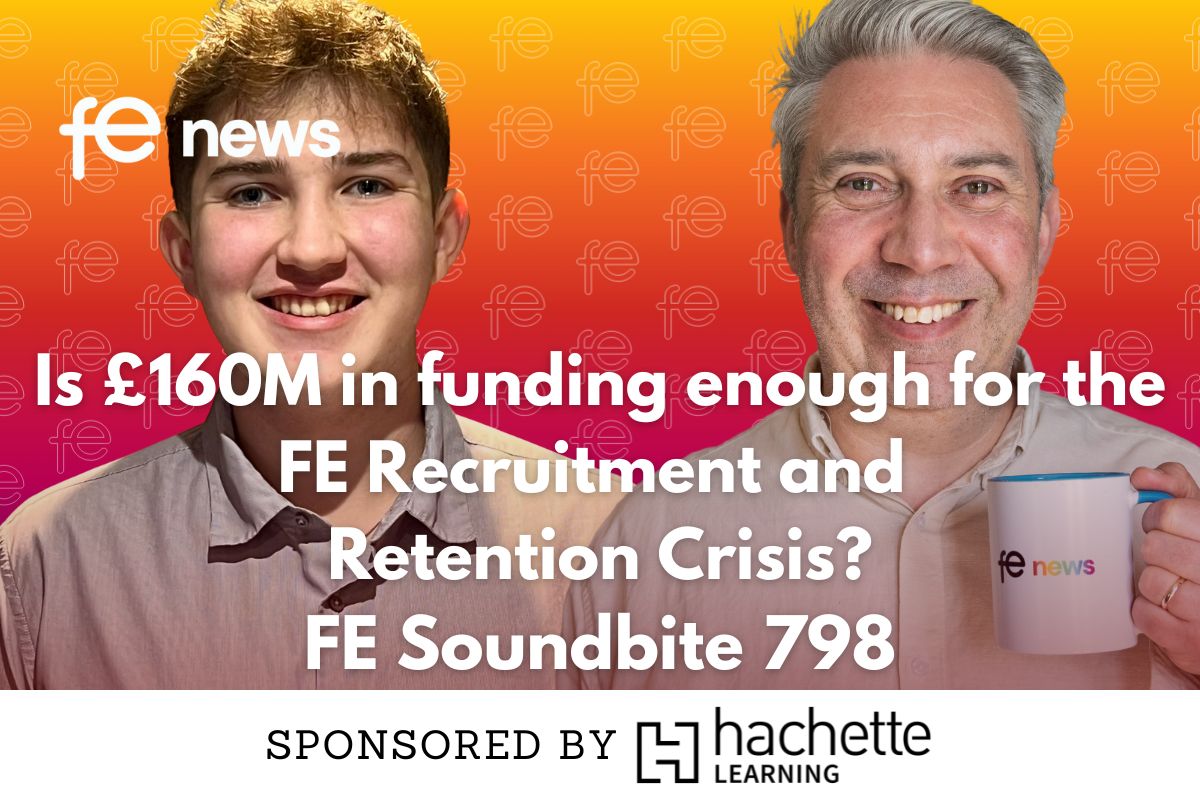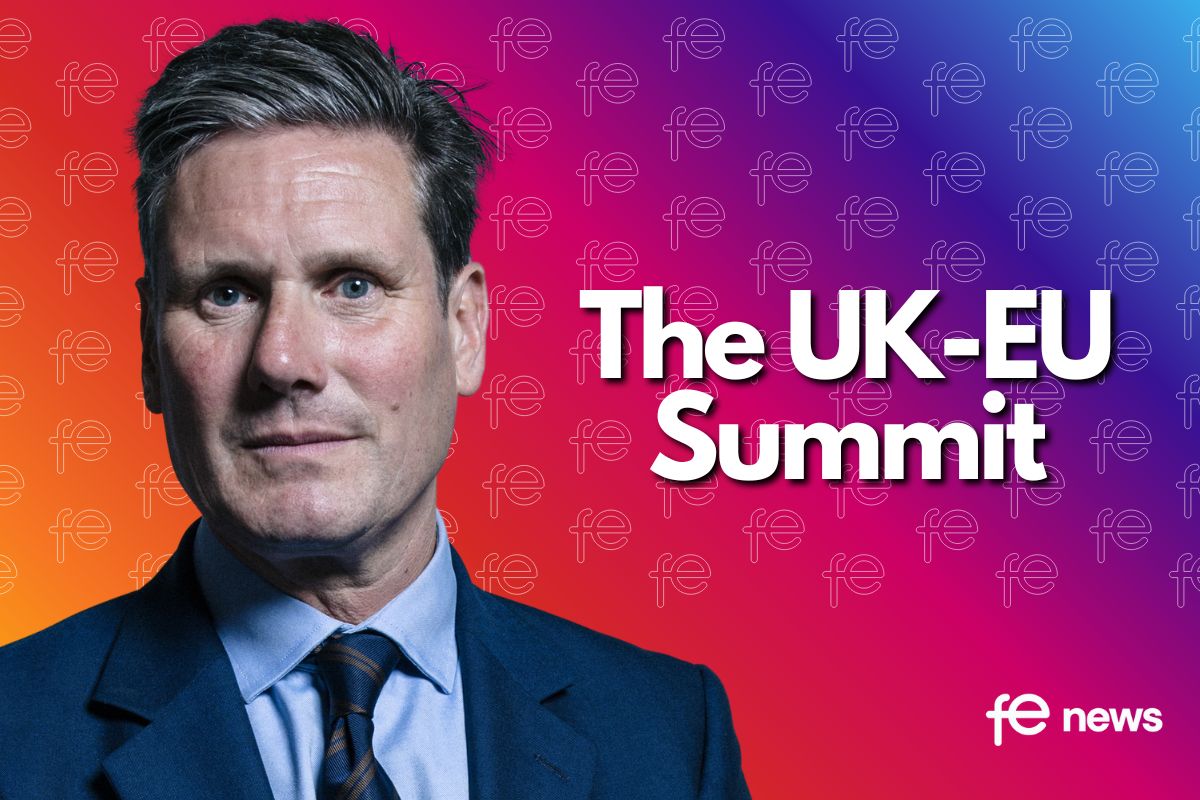Inspiring Futures pandemic funding supports 7,850 young people

As ONS statistics reveal one in 10 young people are not in education, employment or training, an independent evaluation finds that a £7million grant programme, delivered in partnership between BBC Children in Need and Youth Futures Foundation, has already reached 68% of its target at its halfway point, by supporting 7,850 young people facing disadvantage.
The multi-million pound Inspiring Futures grant programme was launched in July 2020 in rapid response to the increased employment challenges young people, particularly those from Black, Asian and minority ethnic backgrounds, faced due to the pandemic. To tackle this, 85 frontline organisations in England were allocated funding, including Manchester-based charity the Proud Trust, Hull-based Toranj Tuition, and the London-based Damilola Taylor Trust.
The funders now welcome the impact of the programme. Youth Futures funding, from dormant assets, is supporting the research conducted by Cordis Bright, an independent evaluator. It reveals that, of the young people taking part in Inspiring Futures interventions, based on monitoring data collected by the funders, 73% have started to make progress or have made significant progress in their employability. Additionally, 44% of grantholder organisations expect to support young people from ethnic minority backgrounds. The most common differences made to the lives of young people include entry to employment, confidence and self-esteem, improved life skills and engagement and achievement in education, employment, and training (EET).
A 12-week consultation on the future use of dormant assets in England, the source of Youth Futures’ funding, is due to be launched in July. The expanded scheme could release more than £880m additional funds. Youth Futures hopes to secure further funding to support more marginalised young people into good jobs through place-based initiatives, by working with employers, focusing on prevention and continuing to scale up effective practice by building its evidence base of what works.
Matthew Poole, Director of Grants and Investment, Youth Futures Foundation said:
“Inspiring Futures has a broad and varied reach and is on target to support nearly 13,000 young people. The evidence and learning we can gather from a group of this scale is significant.
“Key insights emerging from its evaluation show how frontline organisations adapted their services to support young people during successive lockdowns and economic disruption. These adaptations provide useful insights for designing effective interventions as the cost of living crisis takes hold, demonstrating the value of our use of dormant assets funding to scale up learning. I encourage practitioners to look into the findings gathered from their peer organisations.”
Fozia Irfan, Director of Impact at BBC Children in Need said:
“We are proud to have partnered with the Youth Futures Foundation on the Inspiring Futures programme. From the research emerging we can see the positive difference that this funding is making on the young people that it supports whether that’s through developing their confidence and self-esteem or improving their life skills to help them achieve and succeed in education, employment or training.”
Dr Stephen Boxford, Director and Head of Research at Cordis Bright said:
“We’re really pleased to be working with Youth Futures, BBC Children in Need and Inspiring Futures programme stakeholders including grantees and children and young people on the evaluation. The funding that has been provided to grantees to continue and adapt their offers to support young people commonly referred to as vulnerable and/or “hard to reach” to succeed in education, employment or training has been timely and important in response to the challenges of the Covid-19 pandemic. Our interim evaluation findings show positive emerging evidence of the impact of the programme. We’re looking forward to conducting more fieldwork and analysis working closely with children and young people, grantees and programme stakeholders to inform the final evaluation.”
In focus groups and in-depth surveys, recipients of Inspiring Futures funding highlighted the following:
·The value of working with local partners like schools, police and community and voluntary sector organisations so they can signpost young people to services
·The importance of the lived experience of the staff team and volunteers in encouraging young people to engage with programmes
·Adapting or co-designing the programme with young people to build their interest and ownership
·Offering on-going support and check-ins at key transition points, like when a young person starts a new job











Responses